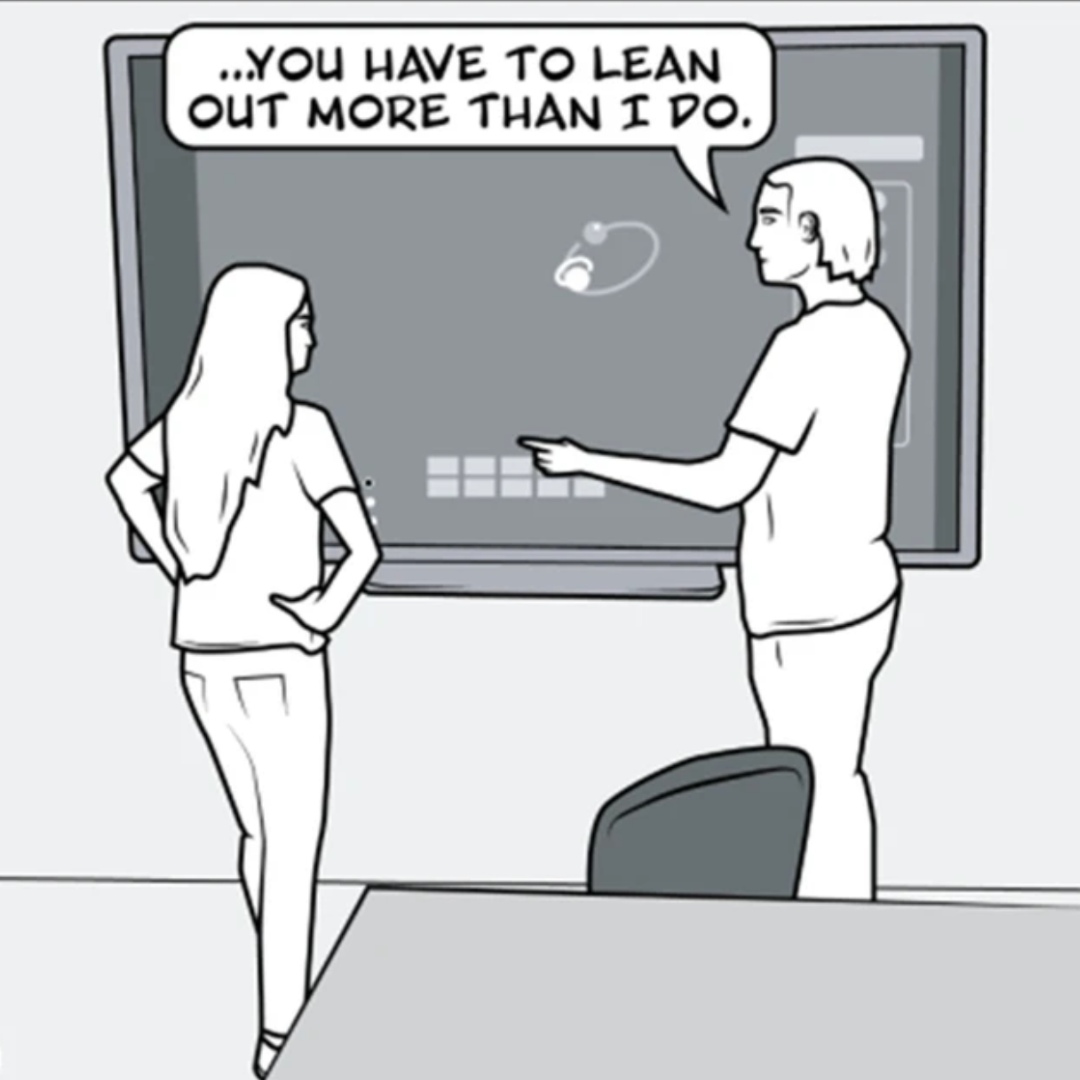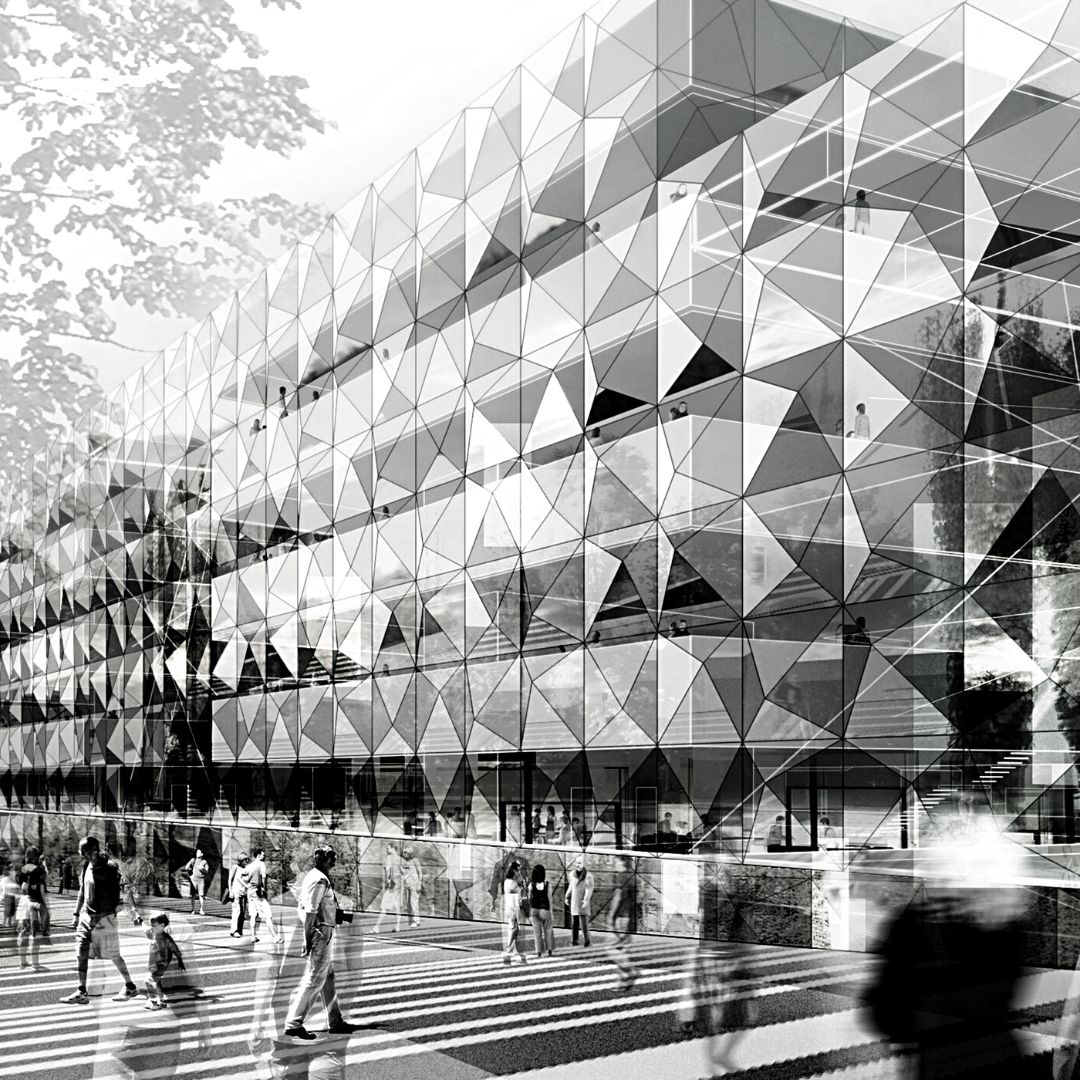Newsletter archive · 27 June 2023
We're all set to IMPRESS you! In this June 2023 edition, we put a spotlight on the much-anticipated IMPRESS Symposium. A sparkling get-together of engaging talks, innovative research, and stimulating debates, we promise it's going to be a blast. As if that's not enough, we take a deep dive into inquiry-based science teaching and explore how embodied cognition can boost computational literacy in STEM.
News · 26 June 2023
This month, my PhD student Fridtjof Gjengset launched his project at his start-up seminar, proposing to leverage embodied cognition principles to enhance computational literacy in STEM 👩💻
Newsletter archive · 16 May 2023
The May 2023 issue takes you on an adventure from cozy home offices to a real-life meeting in Sweden. It's a tale of how Zoom turned into an international collaboration, leading to a published paper that's not just any paper - it's a dialogue between different academic traditions! Plus, we'll dive into the nitty-gritty of embodied cognition, share hot-off-the-press research, and embark on a quantum quest in modern physics education.
News · 25 March 2023
I'm excited to share our latest paper that highlights the importance of embodied cognition perspectives in science education. We explore these perspectives in a dialogue between traditions to unify terminology & position the body in science education 🤓
News · 19 September 2022
I'm looking for a PhD student who will join me in the Department of Science Education at the University of Copenhagen. The goal of the PhD project is to break exciting new ground in the emerging field of embodied science education 💥
News · 20 June 2022
How can we energise classrooms and foster science learning by embracing embodied teaching methods? I wrote a piece on embodied cognition in science education for Teacher Plus.
FAQ · 14 April 2022
Embodied cognition in science education serves as an umbrella term for different approaches to bodily learning processes in science. The study of embodied cognition builds on the assumption that we can improve our understanding of the mind by characterising the role of the body in cognition. Science education provides a vital proving ground for embodied theories of cognition: science deals with the world around us & learners understand & experience this world through & with their bodies.
News · 24 August 2021
chose my piece "Spaces without and within" as the runner-up for their writers' award Slightly smiling face Check out the upcoming issue to find my musings on space & how space enables and restricts our abilities to make sense of the cosmos Woman astronaut
News · 28 April 2021
What is the role of the human body in science education? In my new paper, I combine perspectives of cognitive science, philosophy, and psychology to provide a comprehensive overview of embodied cognition in science education
News · 16 December 2019
The EARLI Mentoring grant supported me to undertake a research stay with Jesper Haglund at the Centre of Science, Mathematics and Engineering Education Research (SMEER) at the University of Karlstad in Sweden. In a short video I reflect on my time in Karlstad and the importance of collaborating with colleagues from abroad.














